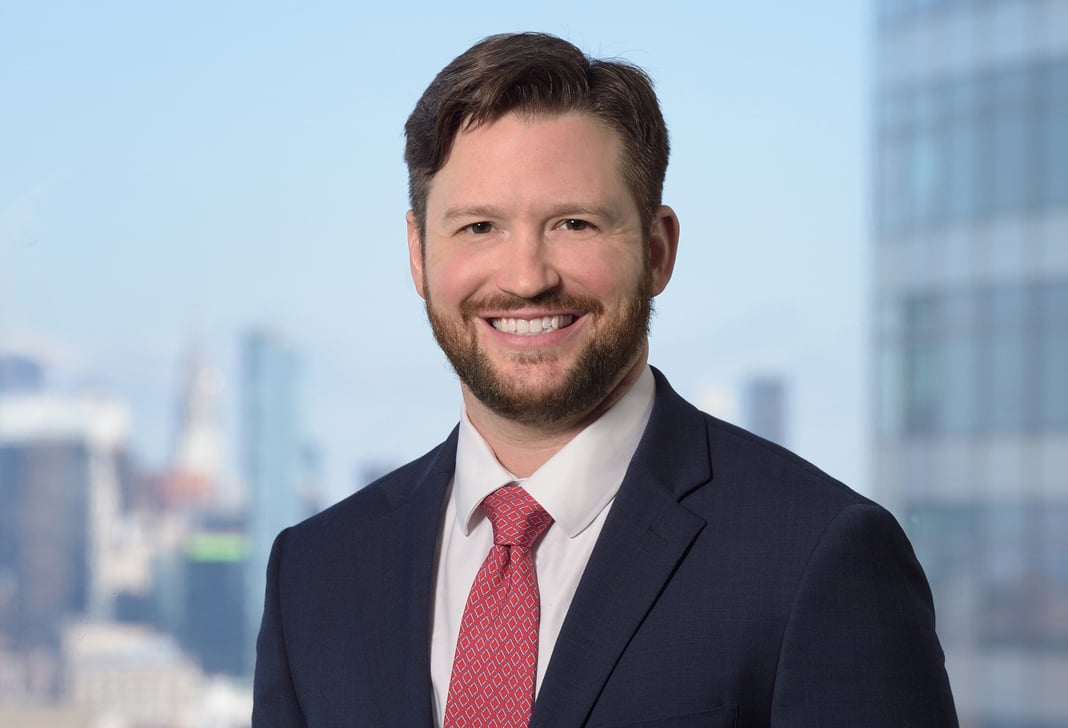
In Brief: Chapter 11 Plan Payment of Official Committee Members' Legal Fees Disallowed Absent Showing of Substantial Contribution
In the March/April 2014 issue of Business Restructuring Review, we discussed a recent trend among bankruptcy courts in the Southern District of New York confirming chapter 11 plans containing provisions that treat the fees and expenses of unofficial committees or individual official committee members as administrative expenses without the need to demonstrate that the applicants made a "substantial contribution" to the estate, as required by sections 503(b)(3)(D) and 503(b)(4) of the Bankruptcy Code. See, e.g., In re AMR Corp., 497 B.R. 690 (Bankr. S.D.N.Y. 2013); In re Lehman Brothers Holdings Inc., 487 B.R. 181 (Bankr. S.D.N.Y. 2013); In re Adelphia Communications Corp., 441 B.R. 6 (Bankr. S.D.N.Y. 2010).
Prior to 2005, section 503(b) of the Bankruptcy Code authorized the payment of legal fees incurred in chapter 11 cases by ad hoc committees and individual official or unofficial committee members as administrative expenses. Section 503(b)(3) confers administrative-expense status on "the actual, necessary expenses, other than compensation and reimbursement specified in" section 503(b)(4) (emphasis added), incurred by six categories of creditors or custodians.
Of these six categories, the fourth in subparagraph (D) consists of "a creditor, an indenture trustee, an equity security holder, or a committee representing creditors or equity security holders other than [an official committee], in making a substantial contribution in a case under chapter 9 or 11 of this title." Subparagraph (F) covers the sixth category, "a member of [an official committee], if such expenses are incurred in the performance of the duties of the committee."
Before 2005, section 503(b)(4) provided that allowed administrative expenses included "reasonable compensation for professional services rendered by an attorney or an accountant of an entity whose expense is allowable under" section 503(b)(3). Thus, allowed administrative expenses formerly included legal fees incurred by an unofficial committee in making a substantial contribution, as well as a member of an official committee.
However, section 503(b)(4) was amended in 2005. It now provides for the payment as an administrative expense of fees "rendered by an attorney or an accountant of an entity whose expense is allowable under subparagraph (A), (B), (C), (D), or (E)" of section 503(b)(3). Thus, subparagraph (F)—pertaining to legal fees of official committee members—is no longer included. By excluding subparagraph (F), the amendment "make[s] it clear that a committee member is not entitled to reimbursement as an administrative expense for professional fees incurred by the committee member." 4 Collier on Bankruptcy ¶ 503LH[3] (16th ed. 2014); see also H.R. Rep. No. 109-31, pt. 1, at 142 (2005) ("Expenses for attorneys or accountants incurred by individual members of creditors' or equity security holders' committees are not recoverable, but expenses incurred for such professional services . . . by such committees themselves would be.").
The AMR, Lehman, and Adelphia bankruptcy courts concluded that section 503(b) is not the exclusive source of authority for the payment by a bankruptcy estate of the fees and expenses of unofficial committees or individual official committee members. Instead, those courts reasoned, fees may also be authorized under: (i) section 1123(b)(6), which provides that a chapter 11 plan may include any provision "not inconsistent" with applicable provisions of the Bankruptcy Code; and (ii) section 1129(a)(4), which provides that a court shall confirm a plan only if payments made under the plan for services or for costs and expenses in connection with a chapter 11 case are "reasonable."
The bankruptcy court's ruling in Lehman was recently vacated on appeal. In Davis v. Elliot Mgmt. Corp. (In re Lehman Bros. Holdings, Inc.), 2014 BL 92862 (S.D.N.Y. Mar. 31, 2014), U.S. District Court Judge Richard Sullivan construed the lack of explicit authority in section 503(b) to mean that the fees and expenses of individual official committee members may not be paid as administrative expenses:
Relevant here, official committee members' professional fee expenses are not included in § 503(b). The problem is not that such expenses are not listed—the list is not exhaustive—but instead that the structure of § 503(b)(3) and (4) glaringly exclude [sic] professional fee expenses for official committee members.
Thus, Judge Sullivan concluded, "because § 503(b)—the sole source of administrative expenses—excludes paying professional fee expenses on the basis of committee membership," individual committee members "cannot have their professional fee expenses paid as administrative expenses solely on the basis of their committee membership."
Moreover, the judge ruled that the requirements of section 503(b) may not be circumvented by characterizing the payment of such fees as "permissive plan payments" authorized under sections 1123(b)(6) and 1129(a)(4). According to Judge Sullivan, "[N]either the need for flexibility in bankruptcy cases, the consensual nature of [the plan provision] nor a bankruptcy court's approval of a payment as ‘reasonable' can justify a plan provision that is merely a backdoor to administrative expenses that § 503 has clearly excluded." If an official committee member "perform[s] extraordinary work to benefit the estate, above and beyond normal committee duties," Judge Sullivan wrote, the committee member may "seek to be reimbursed under § 503(b)(3)(D) and 503(b)(4), which provide for payment of the professional fees incurred by entities that have made a ‘substantial contribution in a case.' " He accordingly vacated the ruling below and remanded the case for factual findings on the issue of substantial contribution.



